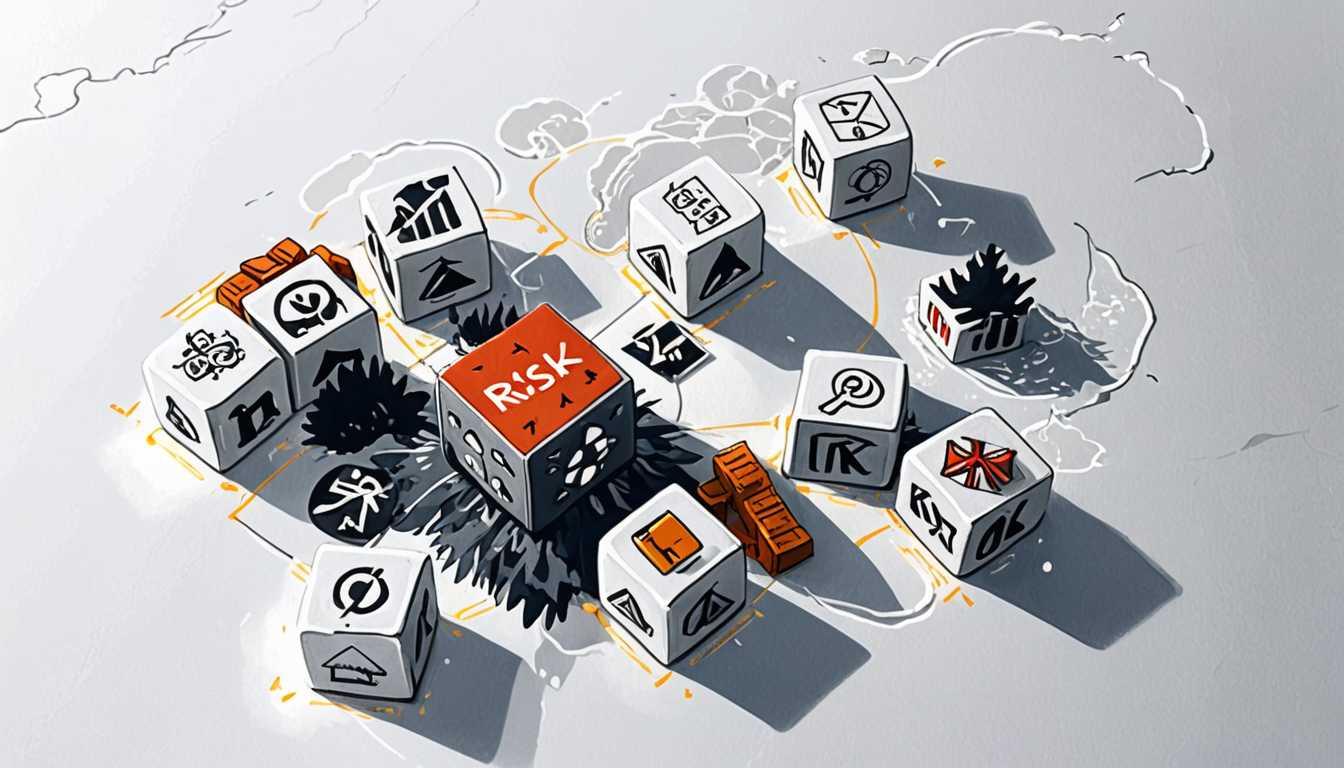AI vs. Humanity: Recruitment's Future
August 2023
NUS Singapore
Introduction
Dive into the fascinating world of AI in recruitment with this eye-opening study from NUS Business School and friends! Discover why jobseekers are giving the side-eye to AI's role in hiring. Spoiler: They miss the human touch. From humorous anecdotes to critical insights, this article sheds light on the tug-of-war between human intuition and algorithmic efficiency. Are you Team Human or Team Robot? Read on and decide!
READ FULL ARTICLEWhy It Matters
Discover how this topic shapes your world and future
Navigating the Future of Hiring
In a world where technology is rapidly evolving, artificial intelligence (AI) is making its mark in various sectors, including human resources (HR) and recruitment. The emergence of AI in recruitment promises efficiency, accuracy, and an unbiased approach to hiring. However, a joint study by prestigious institutions reveals a significant skepticism among jobseekers towards AI's role in recruitment processes. This skepticism stems from AI's limitations in recognizing the unique attributes of candidates, contrasting with human recruiters who can appreciate qualitative nuances. This topic matters because it highlights the intricate balance between technological advancement and human touch in shaping the future of work. Understanding this balance is crucial, not only for those directly involved in HR but for anyone entering the workforce. For you, it's about envisioning the future job market you'll be stepping into and how you can prepare for it, making this exploration both relevant and fascinating.
Speak like a Scholar
Artificial intelligence (AI)
A branch of computer science dedicated to creating systems that can perform tasks which typically require human intelligence, such as understanding language and recognizing patterns.
Human resources (HR)
A department within organizations focused on managing and supporting employees, including hiring, training, and addressing workplace issues.
Algorithm
A set of rules or instructions given to a computer to help it make decisions or solve problems.
Bias
Prejudice in favor of or against one thing, person, or group compared with another, often in a way considered to be unfair.
Qualitative nuances
Subtle differences in qualities rather than quantities, often related to human experiences, perceptions, and judgments.
Collaborative approach
A method of working together where entities (in this case, humans and AI) share responsibilities and complement each other's strengths.
Independent Research Ideas
The psychology of trust in technology
Explore how individuals' trust in technology, particularly AI, varies based on their experiences, backgrounds, and the type of technology. Investigating this could uncover ways to enhance trust in AI applications.
AI and ethical decision-making in recruitment
Study how AI can be designed to make ethical decisions in recruitment, considering fairness, privacy, and transparency. This research could contribute to developing more ethical AI systems.
The impact of AI on job market dynamics
Examine how the increasing use of AI in recruitment is changing job market dynamics, including the types of skills in demand. This could provide insights into future workforce requirements.
Human-AI collaboration models in workplaces
Investigate different models of collaboration between humans and AI in workplaces, focusing on efficiency, satisfaction, and ethical considerations. This could help in designing better work environments.
Cultural perceptions of AI in recruitment
Study how cultural backgrounds influence perceptions of AI in recruitment processes. Understanding these differences could lead to more culturally sensitive AI applications.
Related Articles

Winning the AI Skills Race
October 2023
London School of Economics (LSE)

Revamping Risk Analysis for Better Decisions
December 2024
LSE Business Review

Mastering Work-Life Blend: The Ninja Way
February 2024
London School of Economics (LSE)

Shopping Gets Personal: A Retail Revolution
July 2023
MIT Technology Review

AI: Threat or Ally in Meaningful Work?
July 2023
London School of Economics (LSE)